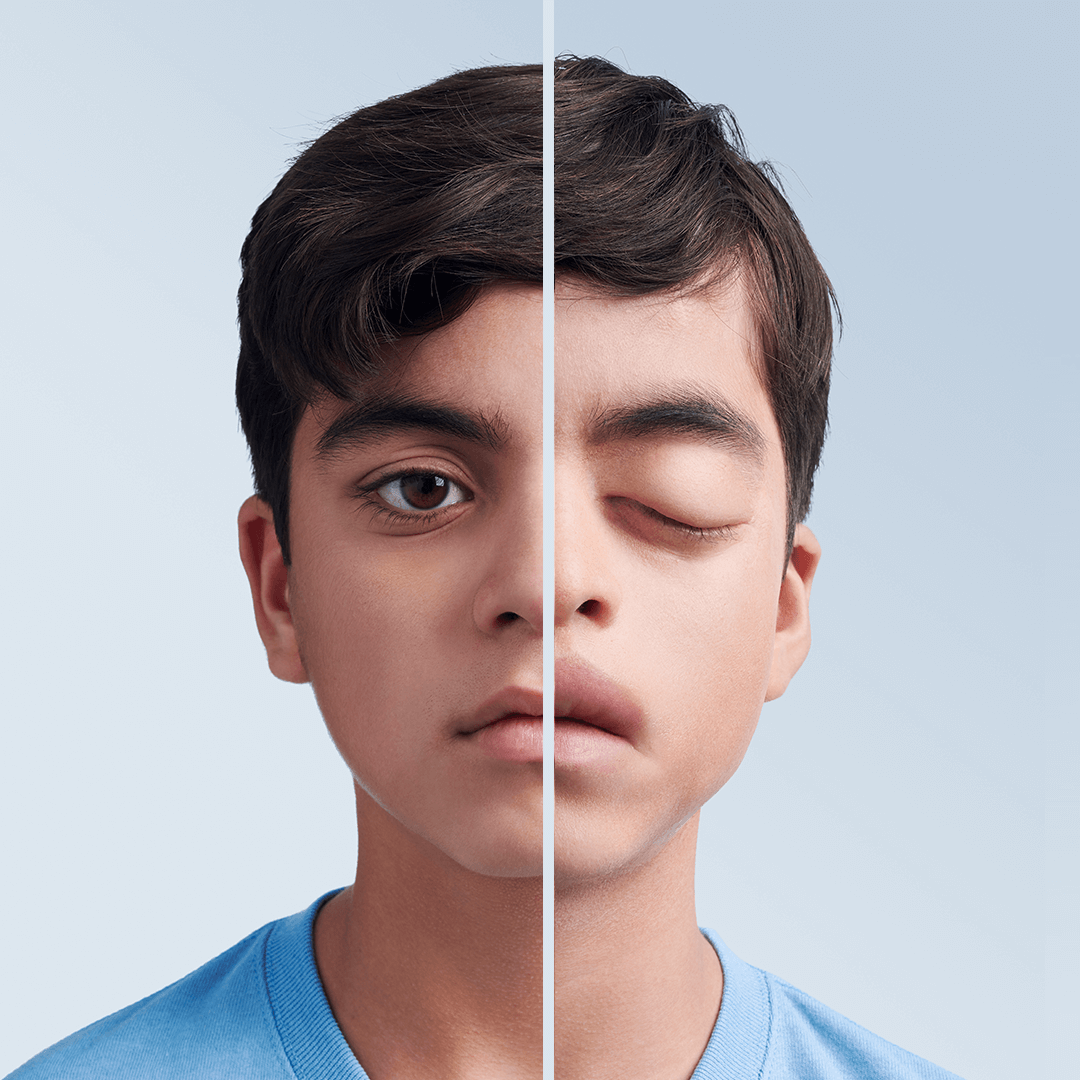You may already know the signs and symptoms of hereditary angioedema (HAE), but assessing its full impact on your patients may help inform treatment goals and planning.
hereditary angioedema limits the way patients live their lives
Even after the physical symptoms of an attack subside, a patient may still be affected by HAE. For many, the anticipation of an HAE attack dictates what patients can or cannot do.1
Due to the unpredictable nature of the disease, some patients reported high levels of distress and anxiety in everyday life. These feelings are attributed to1,2:
- Interrupted social life
- Disrupted educational aspirations
- Anxiety of future attacks
- Fear of passing HAE to their children
In addition to absences and lost productivity, patients reported that HAE has hindered their career or education by5,6:
- Impacting educational choices*
- Preventing them from applying to certain jobs†
- Causing them to resign or switch positions within a company†
38% and 14% of patients with HAE had clinically meaningful anxiety and depression, respectively, vs global population rates of 3.6% and 4.4%.*3,4
Because of this, patients often forgo1,2:
- Travel and vacation
- Certain hobbies
- Sports and other physical activities
- Social events
This goes beyond cancelling plans—some patients would not consider planning these activities in the first place.1
Reassessing the True Burden of Hereditary Angioedema
See how you and your patients can uncover the burden of HAE
*Based on the Work Productivity and Activity Impairment-General Health questionnaire (N=457), distributed in the United States from
November 2007 to January 2008.6
†Based on quantitative survey responses (N=186) in the 2011 Hereditary Angioedema Burden of Illness Study in Europe.3
